When I first traveled to Nigeria in September 2013, I never dreamed I would be returning just two months later! (You can read my first blog on Nigeria here: Daisy Haven Farm Hoof Care in Nigeria.) My good friend Rebecca lives in Nigeria and asked me to come back for another amazing opportunity. I was invited by several players at the Lagos Polo Club to assess the horses, make recommendations on their care, and work on as many horses as I had time to help. After talking with the polo players, who are also the horse owners, and realizing there were up to 150 horses I could help, I knew I needed another farrier to go with me! Deanna Stoppler of Horse and Sole Hoof Care jumped at the chance, and so our journey began…
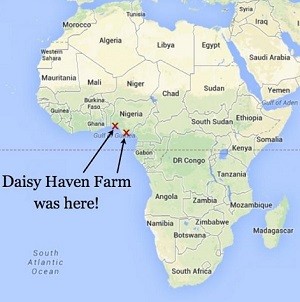
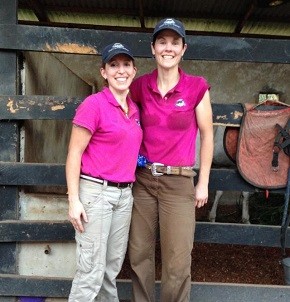
During our eight day trip, we visited six different facilities between Lagos and Port Harcourt. It quickly became apparent there were several core challenges the horses in Nigeria are facing:
1) The horses have significant problems with hoof infections: thrush, white line disease, and even canker.
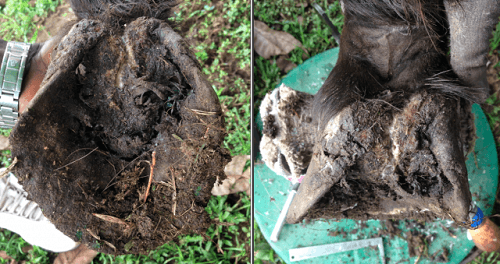
2) The horses that are shod for polo wear shoes that are either too big or too small due to lack of farrier tools and training.
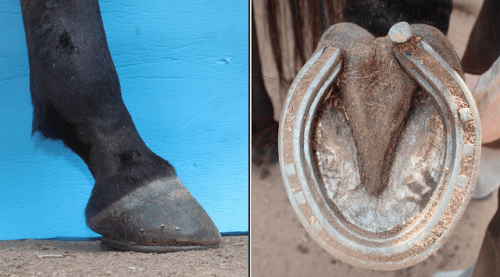

3. The farriers have poor understanding of rehabilitation trimming to correct hoof problems.

There was also a stark contrast in the condition of the horses based on the level of care the owner was providing. For example, the polo players who invited us to consult on their horses and work with their farriers are providing a high level of care. Many of these horses get turnout every day, deep bedding in their stalls, and better quality shoes for their feet. Incidences of hoof infection are greatly reduced and the overall condition of the horses is better.
Stall care varies greatly amongst owners and the fortunate horses get turnout every day with bright airy stalls:
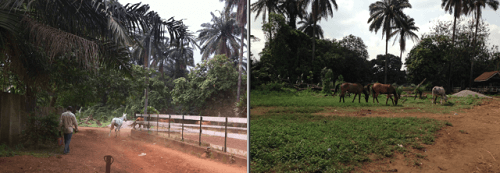
The alternative is small dark stalls with concrete floors:
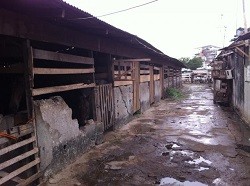
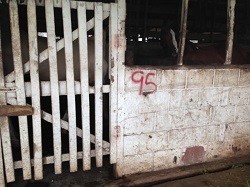
When the polo horses wear shoes for polo season, most of them are made out of rebar, hammered into shape by blacksmiths in the north country. Some of the horse owners import better shoes, however tools for the farriers are very limited, so shoes were applied as they come, with minimal opportunity for shaping and sizing.
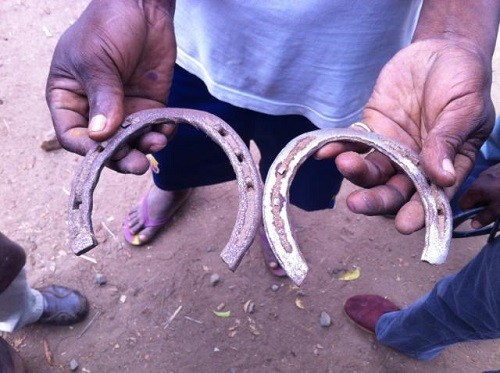
The good news is the farriers in Port Harcourt were doing a great job applying what they had learned from my visit in September.
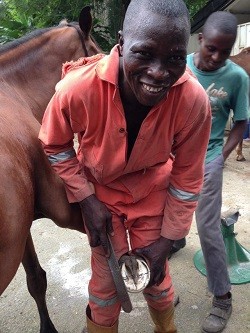
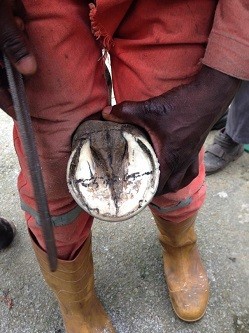
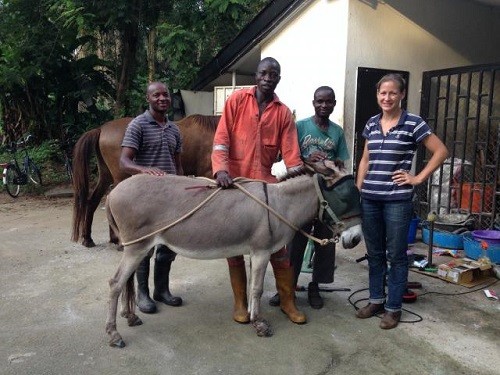
The hardest part of our trip was seeing the horses that are abandoned and neglected. There were many horses like these here that aren’t fortunate enough to have owners who can give them adequate care. When you see the way many of the people live, it’s amazing that the horses get any care at all.
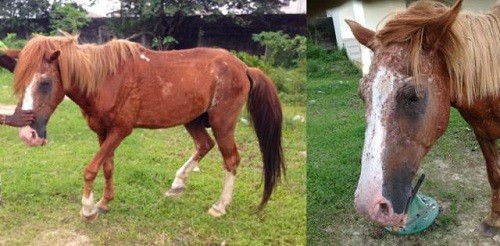
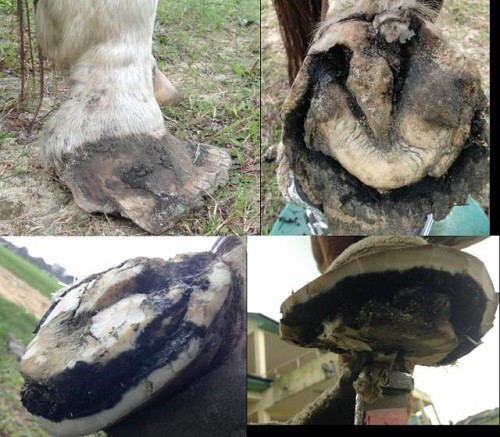
We were fortunate to take a number of donations with us on this trip to Nigeria, which were badly needed, and very well received! The farriers were very grateful for the tools and the hoof disinfectants were distributed to those horses that were abandoned by their owners with the worst hoof infections. The LA200 was donated for a horse that is being rescued to apply topically to her hoof canker.
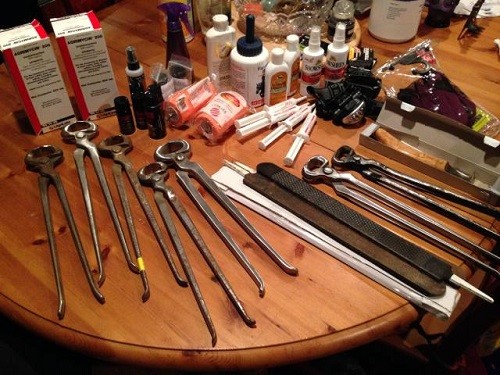
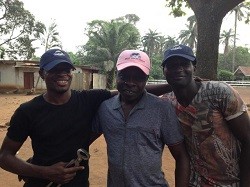
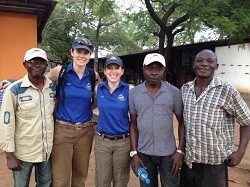
We are anticipating another trip in January/February to run a full educational program for the Polo Clubs, the horse owners, polo players, grooms, veterinarians and farriers. There are countless horses there we can help, but teaching the caregivers is what’s going to make the biggest difference! We will be taking additional supplies back with us on our next trip. Look at what we can do for these horses with good care and resources:
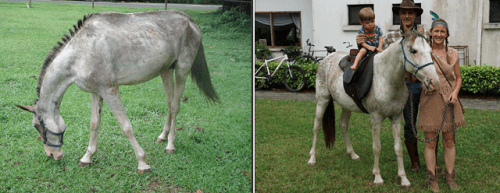
Please consider donating to help the horses whose owners can no longer care for them. If you’d like to donate gently used or new tools, or hoof disinfectants, please contact Daisy Haven Farm. Financial donations can also be made. Money donated will be used towards providing much needed health care, the gelding of stallions to prevent unwanted foals, and providing education for the local horse community to help prevent these situations from arising in the future.
For more information about Daisy Haven Farm, our case studies, and educational programs, please see our website at: www.DaisyHavenFarm.com




